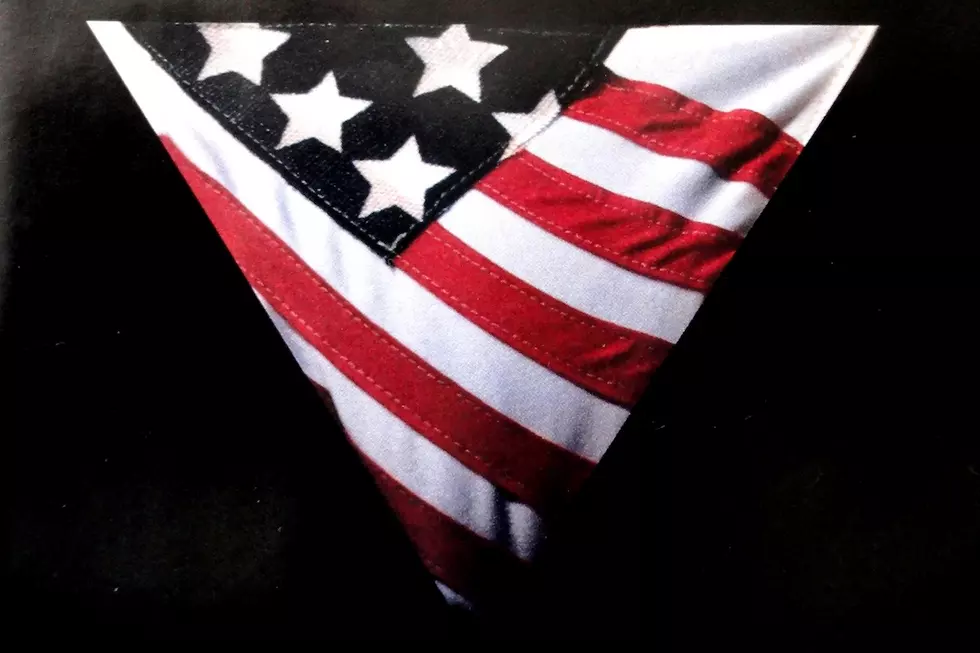
Why the Black Crowes Shouldn’t Have Stalled With ‘Amorica’
America was in love with the Black Crowes in the early '90s. The Crowes, in turn, were very much in “amor” with America, and their third studio album clearly said as much.
And why not? Since bursting onto the radio airwaves and MTV with their trend-defying sound and image, which collectively harked back to '70s classic rock radio mainstays like the Rolling Stones and especially the Faces, the band led by brothers Chris and Rich Robinson had grown from strength to strength. And they had done so on their own terms.
Shake Your Money Maker had been a surprise hit in 1990, to the tune of three million copies sold off a handful of charting singles. Its ’92 successor, The Southern Harmony and Musical Companion, topped the charts, and confirmed the Black Crowes as a force to be reckoned with.
The band was on a roll – and then they almost stalled.
After wasting most of ’93 struggling fruitlessly to record a third album, tentatively named Tall (jazz-era slang for getting high), the Robinsons, lead guitarist Marc Ford, bassist Johnny Colt, drummer Steve Gorman and newly "official" keyboardist Eddie Harsch, threw in the towel and hit the road in search of their missing mojo. They duly found it, returning to studio work with a fresh perspective that allowed the Crowes to knock the bulk of the previous year’s discarded sessions into shape, free of the heavy vibes and drug abuse that had turned that first attempt into a some kind of bad musical acid trip.
The resulting Amorica, released on Nov. 1, 1994, tempered its inevitable moments of negativity with the rousing positivity of inspired song craft — most evident in the butt-kicking energy of first single, "A Conspiracy," the brooding drama of "Diamond Cursed," dreamy escape of "Nonfiction," and slippery slide-guitar goodness of "Wiser Time."
Among the new songs composed to order for Amorica were its vibrant, urgent opener "Gone," the enigmatic "She Gave Good Sunflower," the rugged country-blues revival of "Downtown Money Waster," and the simply beautiful, piano-dominated "Descending," which showcased Eddie Harsch’s talents like few other songs in the Black Crowes' canon.
In other words, Amorica seemed to be armed and ready to deliver another mainstream success for the Black Crowes and, as usual on their own terms – until one of those terms unexpectedly gummed up the works. Select big box retailers like Walmart and Kmart took offense to its admittedly risque cover art (borrowed from a '70s issue of Hustler), and refused to carry the album.
An alternate censored cover was conjured up, but by then sales momentum had been lost. Amorica failed to replicate its predecessors’ broad appeal, stalling at No. 11 on the Billboard charts and topping out at gold, instead of platinum sales.
See Black Crowes in the Top 25 Southern Rock Albums
More From Ultimate Classic Rock









